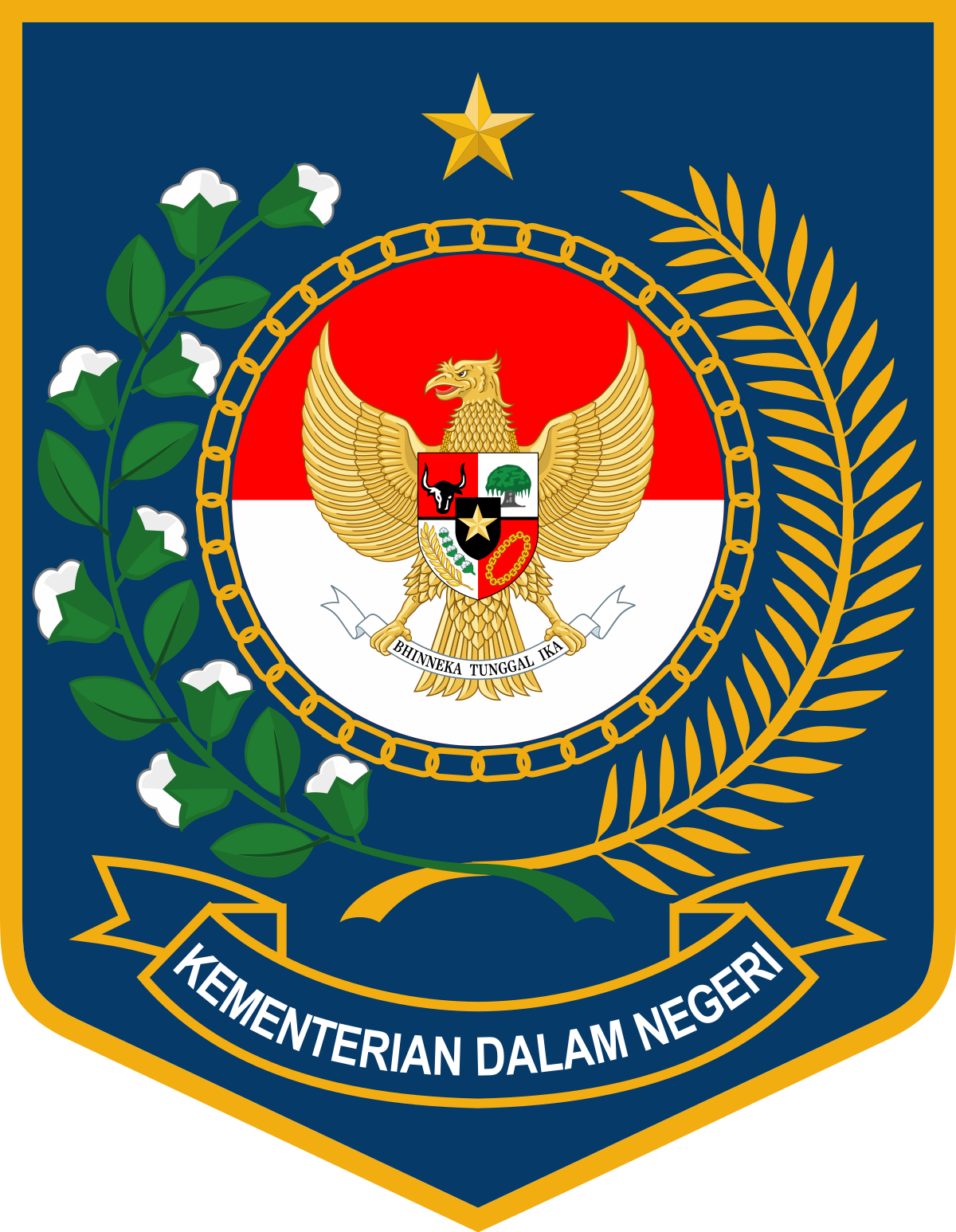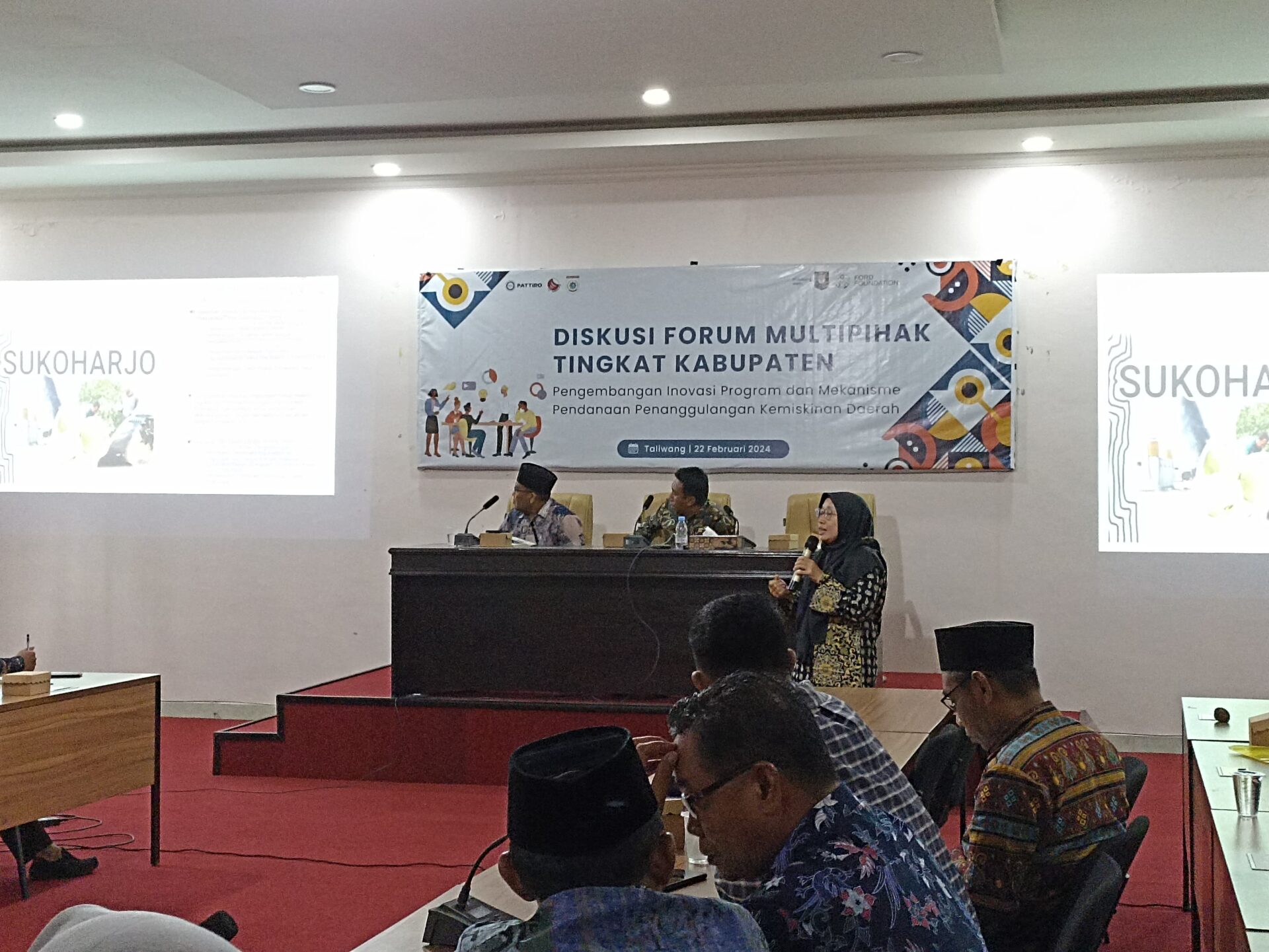Evaluation of the Implementation of Minister of Home Affairs Instruction No. 188.52/1797/SJ regarding Transparency in Regional Budget Management
JAKARTA, 26 September 2014 – To control and develop ethical practices in government, according to Steinberg & Austern (1999), a country must have the following: (i). open government; (ii). Report on the wealth of state officials; (iii). Laws and regulations regarding conflicts of interest; (iv). Protection of witnesses and victims (whistleblowers and justice collaborators protection); (v). The Inspectorate General’s strong authority; (vi). Post-service restrictions and unethical behavior; (vi). Legal standard of ethical behavior of election-results-officials/political officials; and (vii). Code of ethics for public officials.
Open Government is a key and main element in the implementation of ethics, law and politics in government circles. One manifestation of the implementation of the Open Government element, by the SBY Government, is the issuance of Minister of Home Affairs Instruction No. 188.52/1797/SJ/2012 concerning Transparency in Regional Budget Management. This instruction gives orders/obligations for Governors and Regents/Mayors to publish 12 (twelve) documents related to their regional budgets proactively, through the official website.
PATTIRO considers it important, fundamental and urgent to conduct a study on the implementation of the Minister of Home Affairs’ Instruction. Apart from strengthening the ongoing institutionalization of openness/transparency – in accordance with Law no. 14 of 2008 concerning Public Information Disclosure, as well as an effort to fight against the threat of social anti-democratic countercurrents, which are slowly but surely undermining and paralyzing the basis of our democracy. As they have done through efforts to establish Pilkada-by-DPRD, an indirect mechanism, in the Pilkada Bill.
The review of the implementation of the Minister of Home Affairs Instruction, on the other hand, is an effort to correct and reflect on the initiatives of the SBY administration in developing open government governance. What’s more, in essence, the transparency/openness of the Minister of Home Affairs Instruction led to the achievement of a Clean and KKN-free Government, according to the mandate of Presidential Instruction No. 17 of 2011 concerning Actions to Prevent and Eradicate Corruption 2012.
Implementation of transparency requires, among other things, the existence of a functional officer who is specifically assigned to organize the management and service of information – this official is called the Information Management and Documentation Officer (or PPID).
According to PATTIRO’s records, the average achievement of PPID appointment compliance in government circles, at all levels, only reached 46.83%. This low achievement occurred at the district level – newly formed in 166 of 399 districts (41.60%), and at the level of ministries and non-structural government institutions – standing in 40 of 129 K/L (31.01%).
From the study, PATTIRO obtained several findings, namely:
- 28% of the 434 local governments complied with the Minister of Home Affairs Instructions. 72% of regional governments are classified as ‘disobey’ to the Minister of Home Affairs Instructions. The majority of local governments do not follow, disobey, and are ‘against’ the Minister of Home Affairs’ transparency policy.
Of the 72% local government, divided into two forms: (i). Local governments that do not comply with the Minister of Home Affairs’ policies at all; and (ii). Local governments comply with the Minister of Home Affairs’ policies only in the appearance of the menu.
- Of the 123 regional governments that obeyed the Minister of Home Affairs’ orders, only 39% refused to update their data. In other words, 61% of local governments carry out orders to update data.
- 25.6% of requests for citizen information lead to types of non-public service information. The rest, 74.4% of citizen information requests were submitted to obtain public service information.
From these findings, PATTIRO expects to encourage the new government, the Jokowi-JK government, to:
- Issuing a Presidential Instruction on Accelerating the Implementation of Information Disclosure within the Central Government and, especially Regional Governments.
- The main clause of the Presidential Instruction is the implementation of a Pro-active Disclosure Policy for every government agency..
- The second most important clause is the application of strict administrative sanctions for heads of government agencies, both at the central and regional levels, who ignore or reject orders from the Presidential Instruction.
Note: This media release was also presented in a seminar on Wednesday, September 24, 2014 at the Alila Hotel, Pecenongan, Central Jakarta with the title “Seminar on Evaluation of the Implementation of Minister of Home Affairs Instruction No. 188.52/1797/SJ Regarding Transparency in Regional Budget Management” which was attended by Mr. Andi Kriarmoni from the Director General of Regional Finance of the Ministry of Home Affairs, Mr. Abdulhamid Dipopramono as Chair of the Central Information Commission, Mr. Lalu Safii as Assistant for Public Administration and People’s Welfare for the Province of NTB, and Mr. Ahmad Rofik from PATTIRO as a representative from the Freedom of Information Network Indonesia (FOINI), as well Mr. Alamsyah Saragih as the moderator of the seminar that day.





